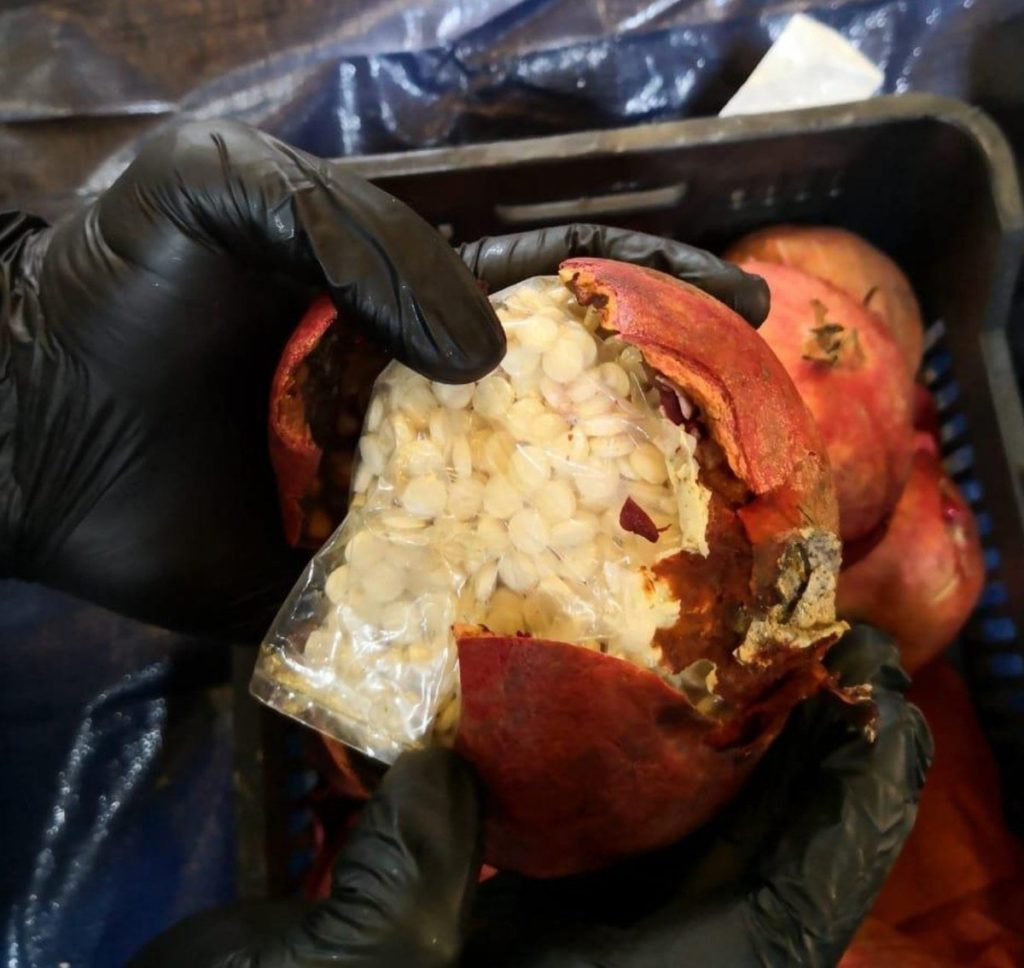Lebanese authorities on Sunday arrested a Saudi man at Beirut airport who attempted to smuggle 18.3 kilograms of the illegal stimulant Captagon out of the country, the interior ministry said.
Lebanon’s interior ministry said in a statement that the drugs were destined for Kuwait.
Interior minister Bassam Mawlawi pointed out that:
“During the initial investigations, it was found that the Saudi national is residing in Kuwait and in possession of Kuwaiti security papers.”
In light of this, Mawlawi communicated with the Kuwaiti authorities in the framework of coordination and continuing the necessary investigations.
He denied reports that the arrestee is a Saudi security man.
Mawlawi stressed that “work is continuing to protect our Arab societies from all kinds of harm, stressing that Lebanon will not be a corridor or platform for the export of evil or smuggling.”
The ministry added that the man is a Saudi citizen and a Kuwait resident who holds Kuwaiti security documents
The ministry did not name the suspect.
A security official at the airport told AFP the man had placed an estimated 110,000 Captagon pills inside bags that were “stitched in clothing.”
Lebanese security forces have intensified efforts to thwart smuggling operations after Saudi Arabia suspended fruit and vegetable imports from Lebanon in April last year. It said shipments were used for drug smuggling and accused Beirut of inaction.

About the drug Captagon
Use of the drug captagon is increasing across the Middle East. The illicit production, smuggling and sale of this amphetamine-like narcotic are thought to be worth $5 billion a year, a large part of which props up Bashar al-Assad’s brutal regime in Syria and the Iranian backed militant group Hezbollah.
While Syria is the main producer , Hezbollah is the main shipper and Saudi Arabia is the main consumer.
By April this year, Jordanian authorities reported that they had already seized 17 million pills of the ‘poor man’s cocaine’. This compares with the 15.5 million intercepted on its border with Syria in all of 2021. In the past two years large seizures have been made further afield as well. Authorities impounded a shipment of 85 million tablets in the Italian port of Salerno, 95 million tablets in Malaysia and 74kg of the drug in Nigeria.
Captagon was developed in the 1960s and marketed as a treatment for depression, brain injury and narcolepsy but, as it fell from medical use in the 1980s, the name came to be applied to an illicit mix of amphetamine and caffeine. In the 1990s, its illicit production was based in Bulgaria, but moved in the early 2000s to Lebanon. By the mid-2000s it had made its way into Syria.
News Agencies/ AFP/ YL


Leave a Reply
You must be logged in to post a comment.